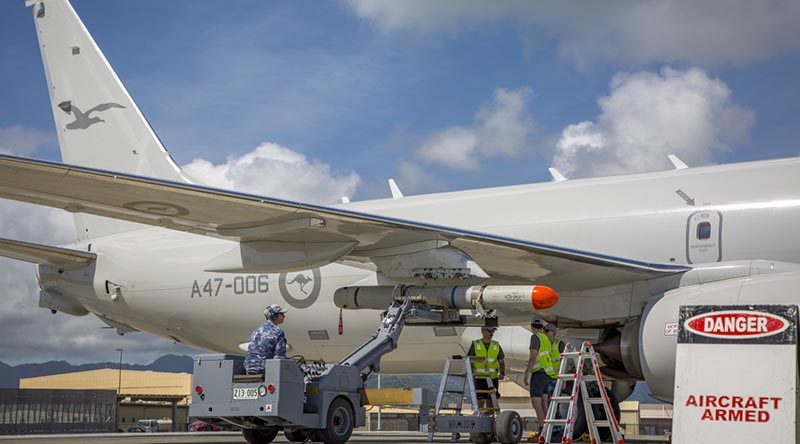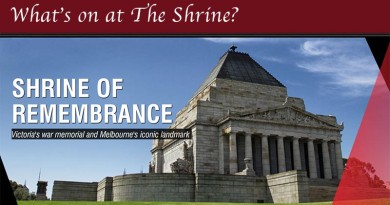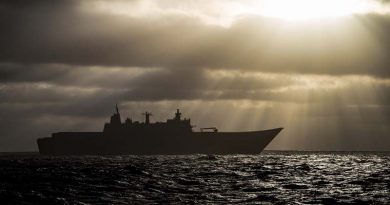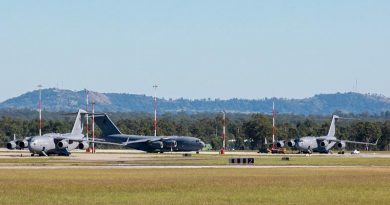RAAF buys two more P-8A Poseidon

Australia’s maritime patrol capability will be boosted with Australia set to acquire two more P-8A Poseidon surveillance and response aircraft, bringing the total fleet to 14.
FILE PHOTO: Royal Australian Air Force crew from No. 11 Squadron load an ATM-84J Harpoon on to their P-8A Poseidon at Marine Corps Base Hawaii before a live-fire opportunity during RIMPAC 18. Photo by Corporal Nicci Freeman.
The government has also approved sustainment funding for the current approved fleet of three MQ-4C Triton aircraft.
Minister for Defence Linda Reynolds said that, together, the Poseidon and the Triton would provide Australia with one of the most advanced maritime patrol and response capabilities in the world.
“The Poseidon is a proven capability that will conduct tasks including anti-submarine warfare, maritime and overland intelligence, surveillance and reconnaissance, and support to search and rescue missions,” Minister Reynolds said.
“These additional aircraft will enhance [the Royal Australian*] Air Force’s flexibility to support multiple operations and will play an important role in ensuring Australia’s maritime region is secure for generations to come.”
The additional Poseidon aircraft will be purchased through Australia’s existing cooperative program with the United States Navy.
Minister Reynolds said being part of the cooperative program with the US Navy allowed Australia to share in the benefits of their technical expertise and divide project costs.
“Defence is committed to this cooperative approach – together we are striving to develop this military technology to the highest standards,” Minister Reynolds said.
“Poseidon is a highly versatile, long-endurance platform capable of a range of mission types including maritime intelligence, surveillance and reconnaissance, and of striking targets above and below the ocean’s surface.
“Planned integration of the Long Range Anti-ship Missile (LRASM) into [the Royal Australian*] Air Force’s capability will also allow it to strike adversary surface vessels at significantly increased ranges.”
.
*EDITOR’S NOTE: It seems our accusation that RAAF is deliberately trying to drop Royal Australian from its name may not be false after all.
.
.
.
.
.
.

.
.





